Recently an idea to macro-size Flip & Find came to mind and I just had the opportunity to try it out. Here's what I'm going to run with at this point:
Needs & Numbers: One activity rope (about 50 feet long) and a deck of playing cards for every four 'teams' you create. I believe it will play well with eight to 16 participants - divided into teams. Multiple groups/card circles (of four small teams) can be in play at the same time.
Set Up: Make a big circle with the activity rope and scatter out all 52 cards, face down, inside the circle (like the diagram above). NOTE: Be sure you have a complete set of 52 playing cards. (You can set this one up with some cards missing, but it should be done with a programmable purpose in mind - and then be ready to process the dynamics.)
Process: (for one card circle) Divide the group (participants) into four teams - it's okay if the teams are not equal (e.g., with 15 participants, there will be three teams of four and one team of three). Each team is assigned a different suit from the deck - the group can self-assign or the facilitator can assign suits.
Objective: Turn over all suits in ascending order by rank - Ace to King.
When the group (the four teams) is ready to begin, they can each send one person from their team into the circle of cards (Rule 1: Up to four people can be in the circle at one time). Each person that enters the circle can flip over one and only one card (Rule 2). If the card they flipped IS the next card in their sequence it is kept rank-side up. If the card IS NOT the next in the sequence it is turn back down - or rank-side down (Rule 3: Cards may not be moved to a different spot in the circle.) In either case, after the card is set the person exits the circle. The next person from the suit team can enter the circle.
When any of the Rules are broken, the activity is reset - cards are shuffled and re-scattered in the circle - for another attempt.
Quick Example: The first card every team is looking for is their Ace. A player can only leave a card rank-side up if it is their suit. When a team player finds their Ace, it is left 'Ace-up' and now the next player starts looking for the two of their suit. (NOTE: We don't explicitly say this - the hope is they figure this out - flipped cards can be seen by every team. So looking out for cards of their suit flipped over by other teams is an advantage.) Then, when a team's two is found, they're after the three and so on until their King is found and flipped. The ultimate question then applies: When you're done, are you done? (We hope they figure this out as well - when a team is done flipping, they can continue to play/flip in order to reveal cards needed by other teams. All Rules still apply after a team completes their suit.)
During play, team players can stand anywhere outside the circle before it is their turn to enter. Players have no restrictions on what they can communicate to other players (hopefully staying within positives lines of communication).
When all cards have been flipped up in order, the task is complete.
Observations/Questions:
- Did any of you, at some point, believe you were competing with other teams to be the first to turn over all their cards? How did competing influence your behavior?
- When you came to realize you were not competing, what behaviors changed or appeared? How did this influence your participation?
- Identify the 'helping' behaviors that took place during the activity?
- What is your opinion about 'helping?' What are some of the pros and cons of helping?
- What were the successes you experienced as a group during the task?
- What are some of the ways you contributed to the successful completion of the task?
- What are some of the things you could have done as a 'group' to be even more successful?
Learnings from my initial attempt:
- I like this version as a 'completion' activity versus a timed activity (and, it can be done as a timed, process improvement activity). I think taking away the pressure of time will increase cooperative interactions.
- Forming teams and assigning suites is an easier way to present this one. During my first real attempt I did not form teams and it was very confusing for the group. Essentially, they were not at a stage in their development where they planned together. They pretty much just jumped right in without a plan. (If you are working with an outcome related to "prior planning prevents poor performance" then don't form teams or assign suits.)
Reasons I Like This One:
- Collaborating for success is very apparent - either before the end of the task and even more so after the task.
- It's another activity that can emphasize helping behaviors - exploring what 'helping' looks like within a group. This is especially true when teams realize they can help others after they are done.
What else do we want to integrate with Quad-Team Flip & Find? Leave us a Comment.
All the best,
Chris Cavert, Ed.D.

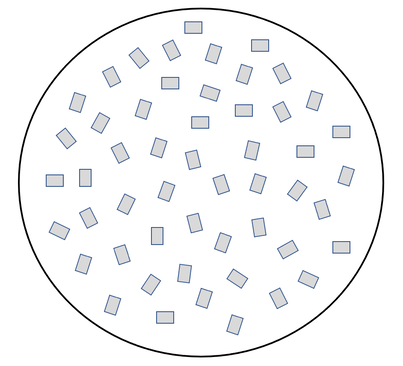
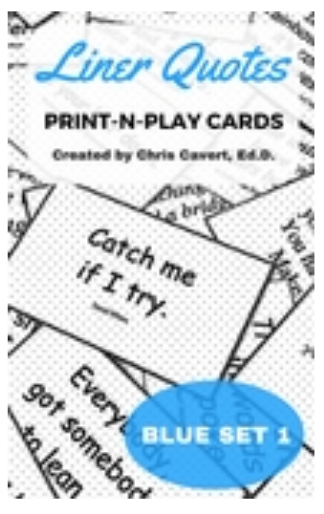
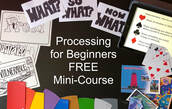
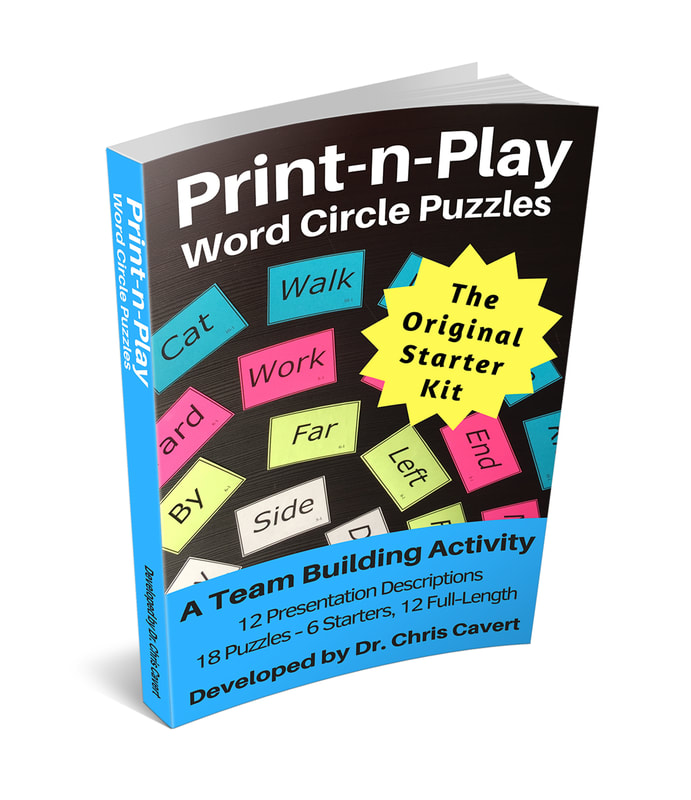

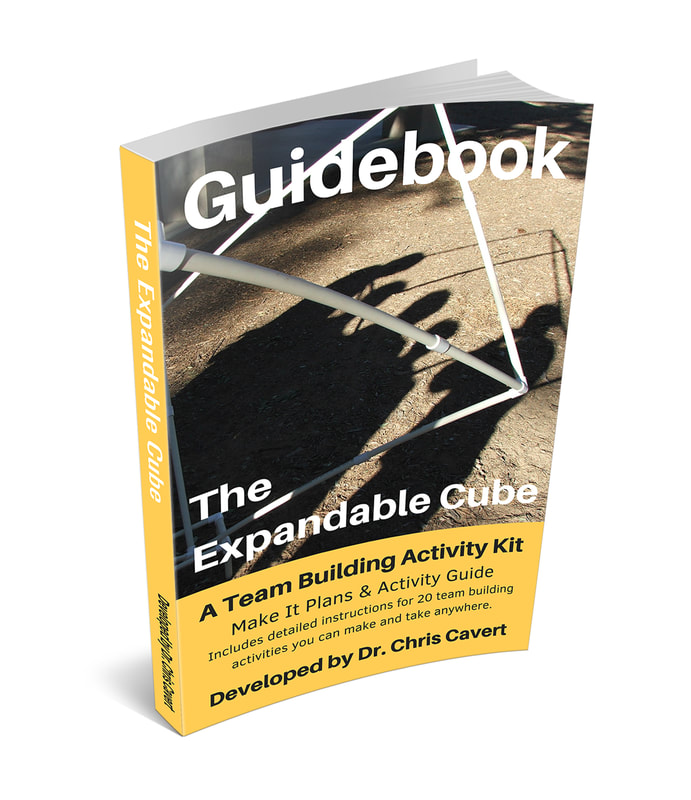
 RSS Feed
RSS Feed